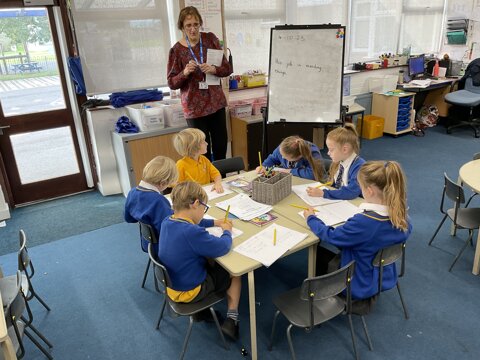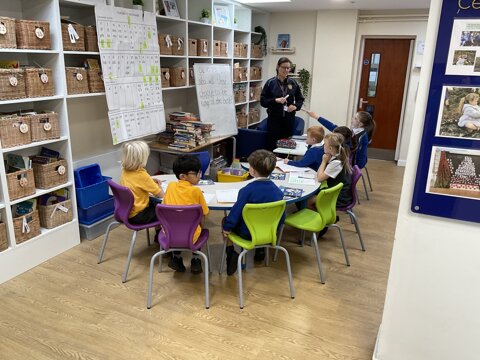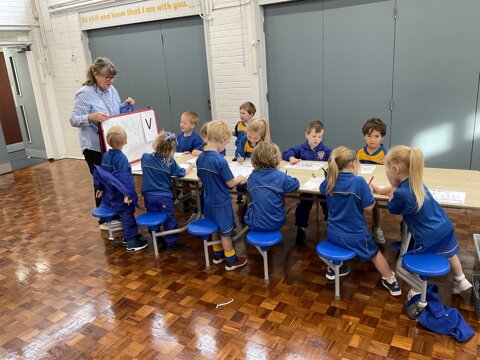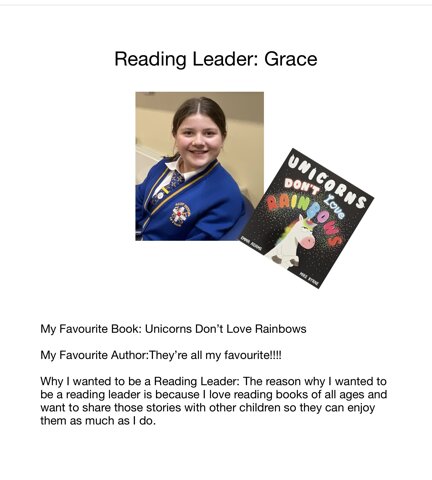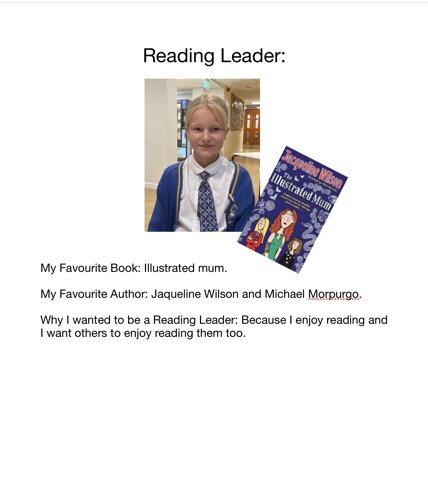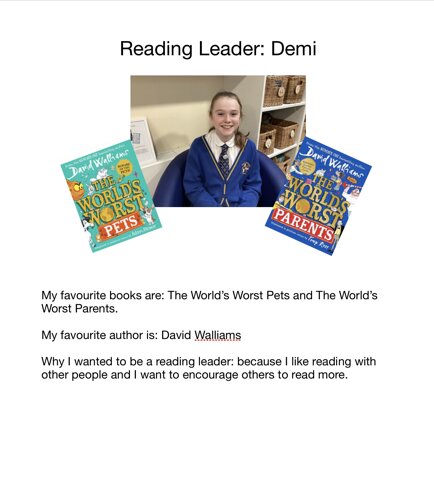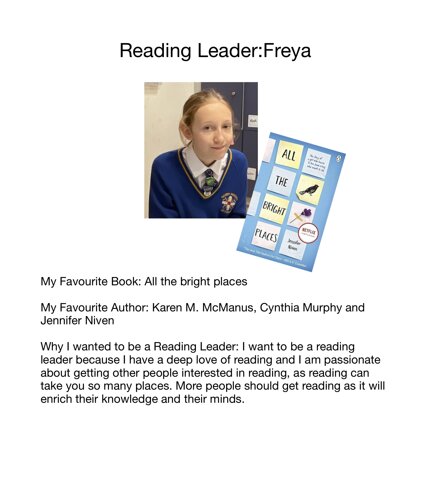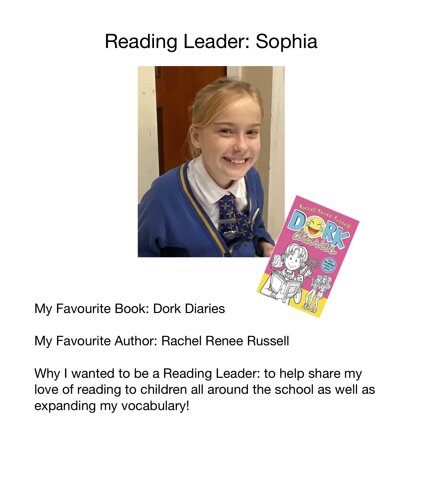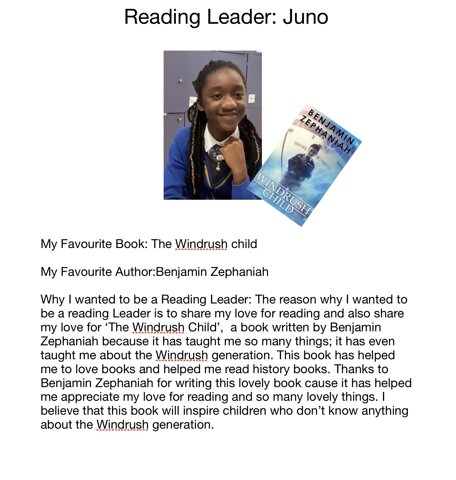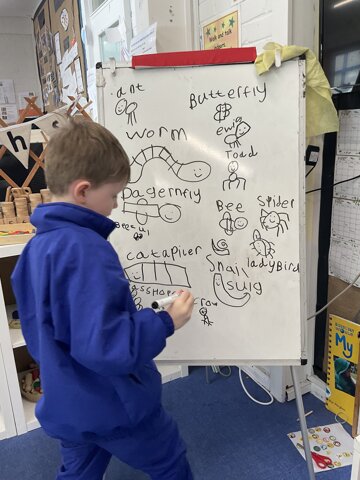St Peter’s English Curriculum
To learn to read is to light a fire; every syllable that is spelled out is a spark. - Victor Hugo
At St Peter’s we want to create happy, confident learners who have developed a love of reading and writing with the key skills and knowledge necessary for the next stage in their learning. We want our children to have high aspirations and confidence when speaking and listening, able to successfully use discussion to communicate and further their learning. We have created a broad curriculum covering reading, writing, grammar and oracy which encourages children to be the best version of themselves. We recognise that each child has their own starting point and progress is measured, guided and facilitated to ensure that each child can celebrate success and be the best that they can be.
Early Reading
EYFS, Year 1 and some of our Year 2 children use the Read, Write Inc programme which integrates essential early literacy skills in an engaging, fast-paced format. Children take home a phonically decodable book matched closely to the phonic knowledge they have acquired. It is one of our school priorities that all children develop confidence in applying their phonic knowledge to enable them to become confident readers and writers. We really appreciate parental support in this area and encourage parents to listen to their children reading the phonically decodable books regularly. Parents are signposted to the relevant Read, Write Inc videos to support their child.
Reading
The teaching of reading is given dedicated time throughout the week and is taught through a whole class approach. Children are exposed to a variety of quality texts and a range of authors. In addition to this, the importance of reading is enhanced through listening daily to the teacher read the class novel, World Book Day, author visits, theatre trips and poetry competitions to enrich children’s learning. Children read a variety of books that support their interests and are at an appropriate level for their understanding and fluency.
Reading Leaders
Following an application process, our Reading Leaders have been appointed and all take their role very seriously; promoting a love of reading through their daily story reading clubs, weekly Book Club and not forgetting, keeping our Book Vending Machine stocked and tokens distributed.
Writing
At St Peter’s we ensure that the teaching of writing is purposeful and shows clear progression for all children. We consistently follow an approach which allows children to explore high level, rich vocabulary, be taught grammar in context through modelled writing opportunities and have the confidence to apply this to their own independent writing. Children will have experience days to immerse them in the text they are studying. During the lesson they will have time for ‘chotting’ to enhance their writing and give them the confidence to experiment within their work.
English Writing
Year 2 Sentence Knowledge
Year 3 Sentence Knowledge
Year 4 Sentence Knowledge
Year 5 Sentence Knowledge
Year 6 Sentence Knowledge
Year 1 SPAG
Year 2 SPAG
Year 3 SPAG
Year 4 SPAG
Year 5 SPAG
Year 6 SPAG
.png)
